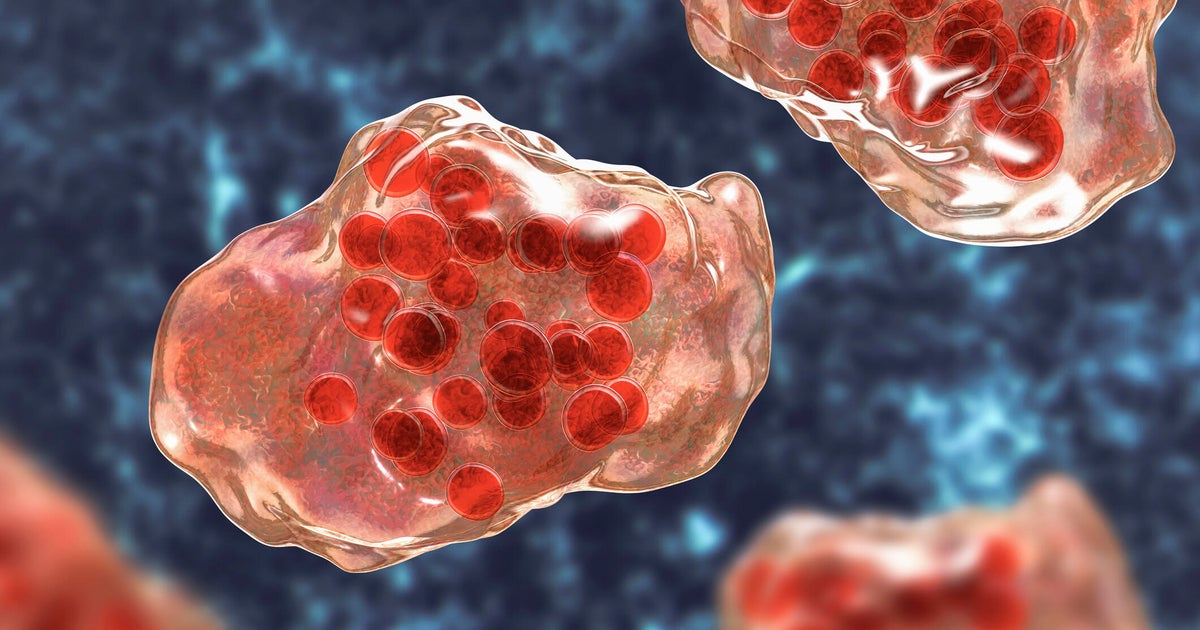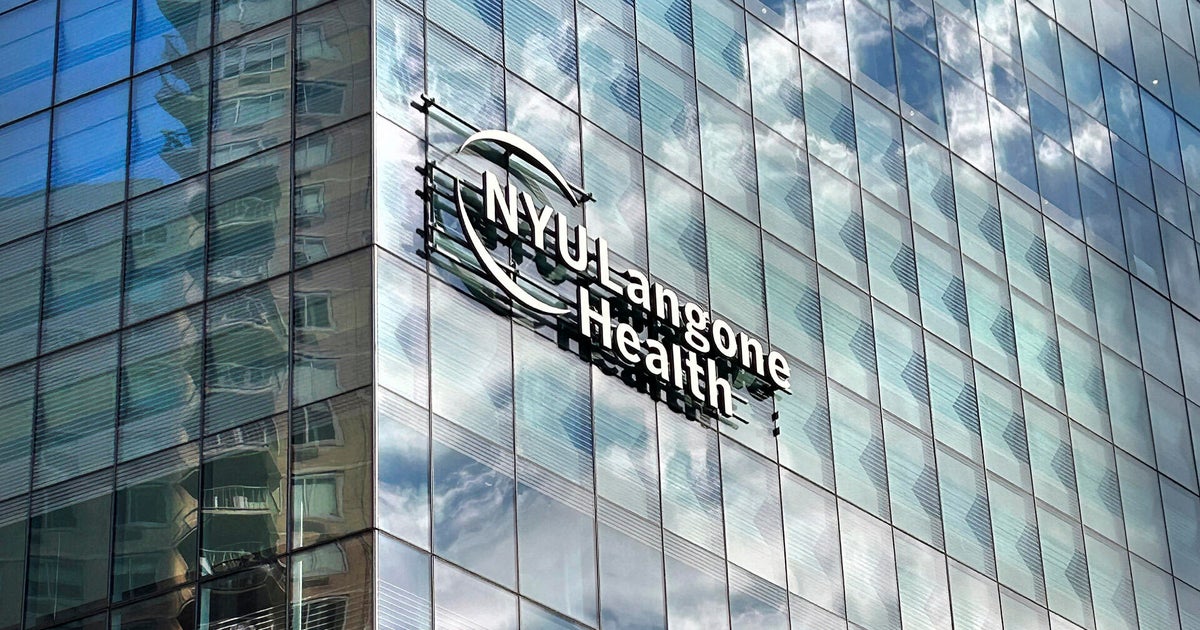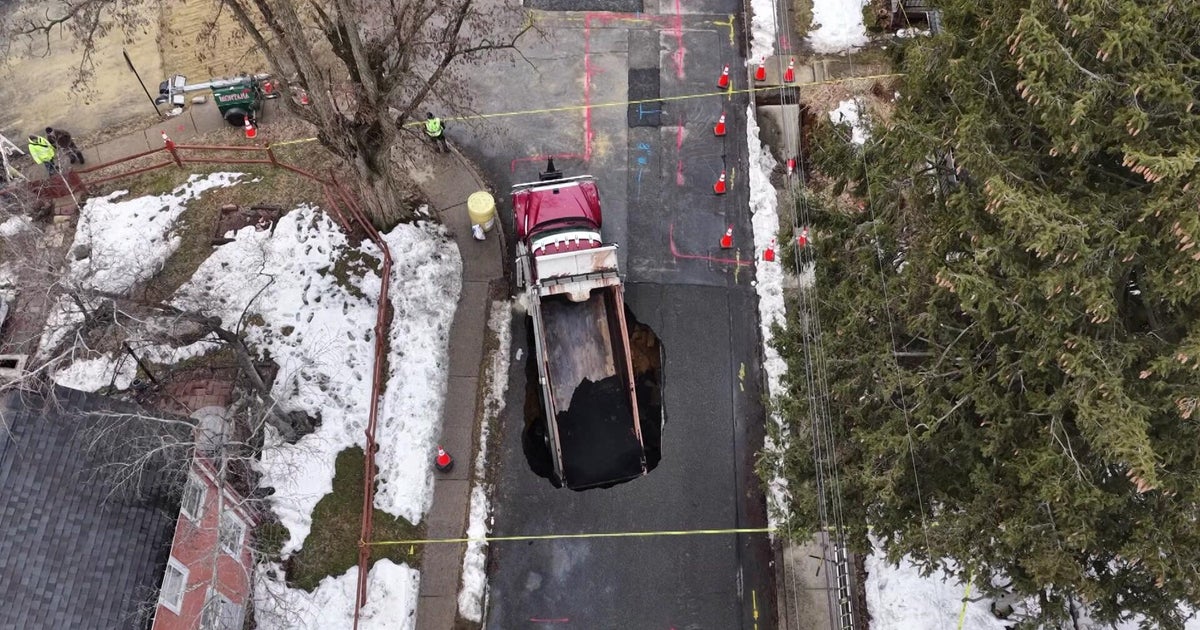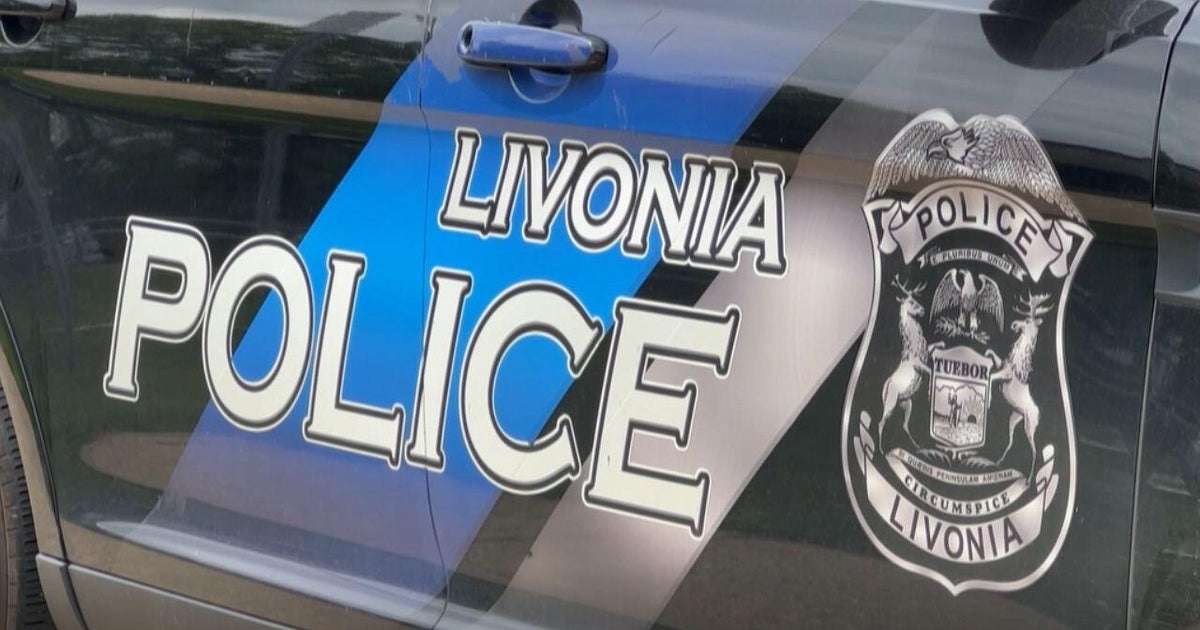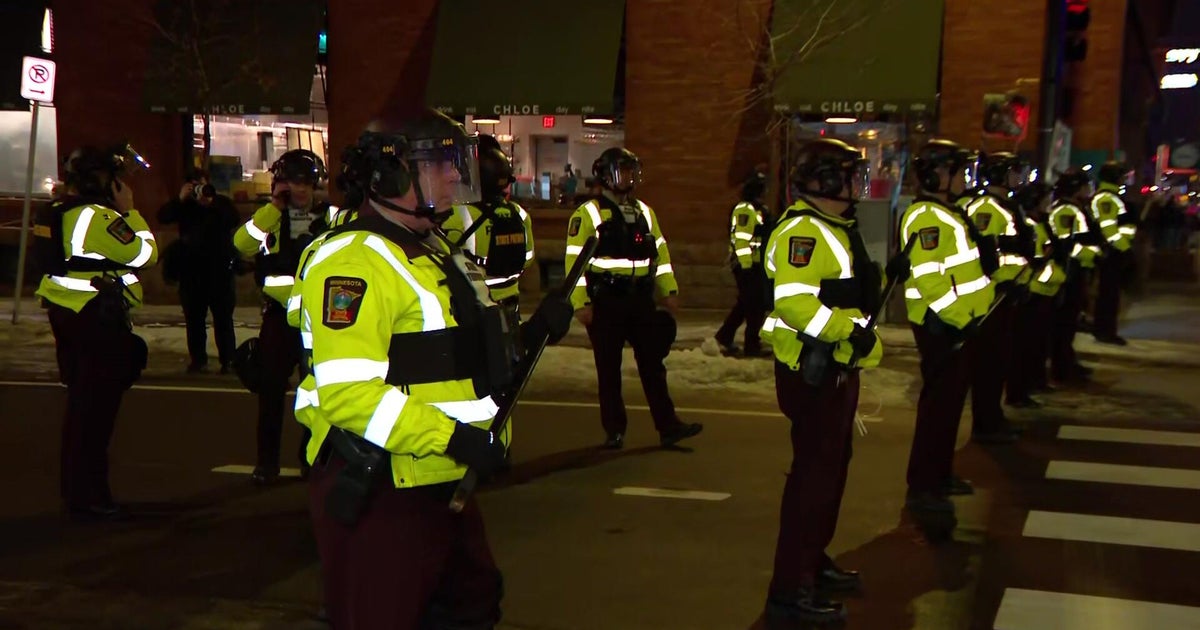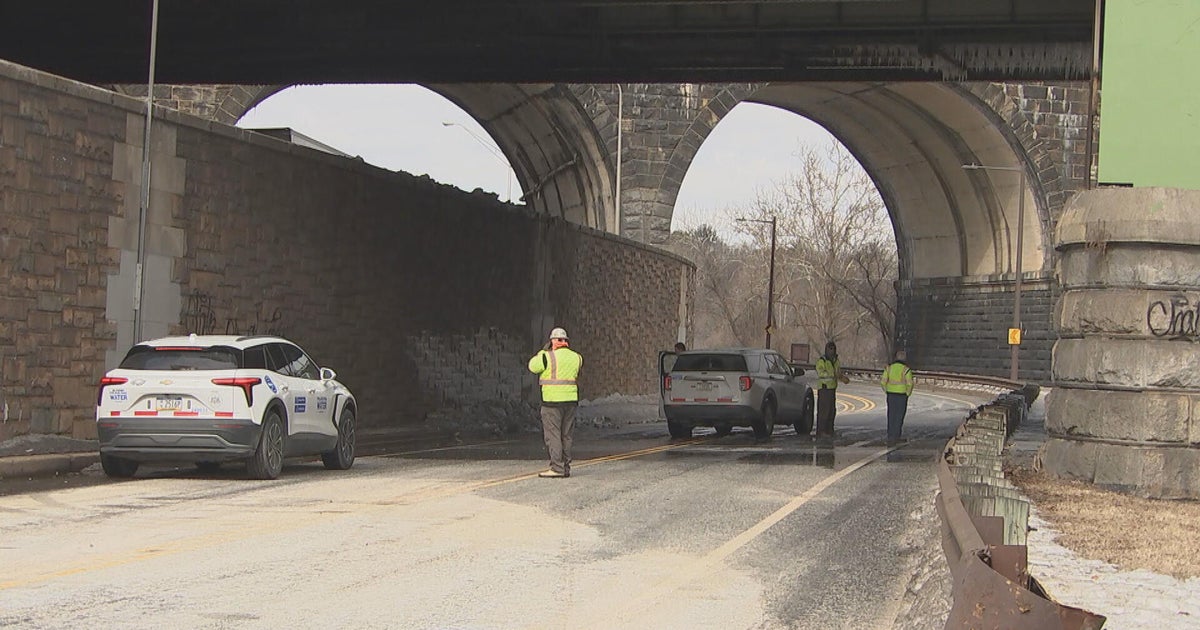White House could declare monkeypox outbreak a public health emergency
NEW YORK -- The White House said it may declare a public health emergency amid growing concern over the spread of monkeypox.
There are nearly 2,900 confirmed monkeypox cases across 44 states, but New York remains the epicenter, CBS2's Dick Brennan reported Monday.
New York City now has more than 1,000 confirmed cases.
Anyone can get monkeypox, but it primarily impacts men who have been intimate with other men. It is not a sexually transmitted disease.
"We're fighting two pandemics at once," said New York City Health Commissioner Dr. Aswin Vasan.
Vasan said the state is ready to get 33,000 monkeypox vaccine doses soon. The lion's share will go to New York City.
"We're funding our monkeypox response based on our dollars here in the city. There isn't federal money coming in for this response," Vasan said.
But it's not soon enough for people like Matt Ford, who recently recovered from monkeypox after dealing with torturous lesions.
"First ones that showed up got more painful, especially on more sensitive skin, sensitive areas. It became excruciating at times," Ford said.
"I've never been this sick in my life," said Jeff Galaise, who had just gotten over COVID when he got monkeypox a month later.
"I was much sicker with monkeypox than I was with COVID. I couldn't eat anything at all. I felt like I couldn't get out of bed," Galaise told CBS2's Jessica Moore.
Doctors say people with monkeypox must isolate until all the sores on their body scab over and new skin grows. That can take up to four weeks.
Galaise said he's been isolating for nine days, which many people can't afford to do.
"I work for a very large city agency and there's no policy around monkeypox and how long I can be out, like there is for COVID," Galaise said. "And I have a job that can pay me, you know, I have vacation. And what about people that don't?"
Monkeypox vaccines are being made available to children through updated CDC protocols. There have been two cases of monkeypox in children in the U.S., a toddler in California and an infant in Washington, D.C.

